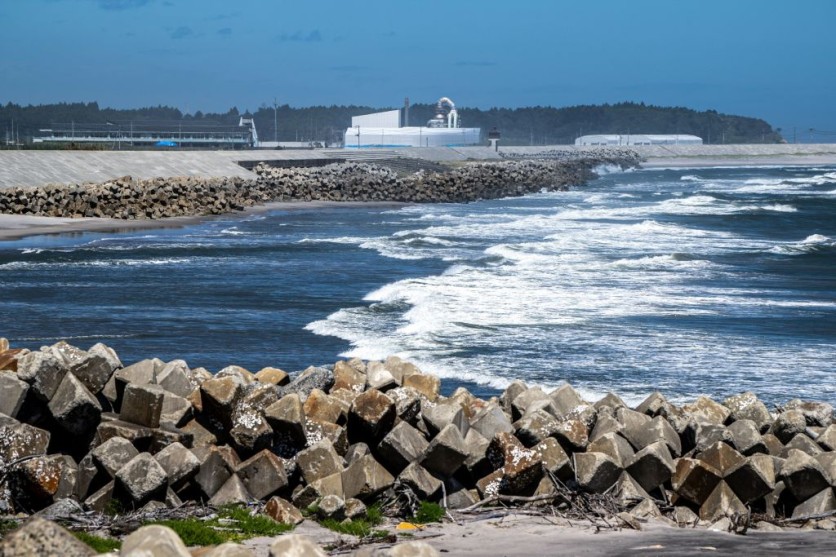In response to Japan's decision to release treated water from the Fukushima nuclear plant into the oceans, China has opted for a temporary suspension of the import of seafood products from Japan.

Halting Seafood Imports from Japan
In a recent development, China has taken the decision to temporarily suspend the import of aquatic products and edible aquatic animals from Japan. The Guardian reported that this move is a direct response to Japan's choice to release treated water from the Fukushima nuclear plant into the oceans.
In an official statement, China explained that this step is crucial for mitigating the potential risk of radioactive contamination impacting food safety. The discharge of Fukushima's nuclear-contaminated water into the sea prompted China to prioritize the health of its consumers and safeguard the safety of imported food products.
This decision serves as a comprehensive precautionary measure to ensure that the import of aquatic items does not compromise the well-being of its citizens. China's suspension aligns precisely with the day when the Fukushima nuclear plant initiated the discharge of a substantial 1 million tons of contaminated water.
This is currently stored in an array of 1,000 massive tanks, with its volume sizable enough to fill a staggering 500 Olympic-size pools. A spokesperson for China's foreign ministry stated, "The Fukushima nuclear accident which took place 12 years ago was a major catastrophe that already caused the leakage of large amounts of radioactive substances into the ocean."
The statement further highlighted the risk of a man-made secondary disaster that could affect local communities and have global repercussions if Japan opts to release water into the ocean solely to serve its own interests.
Releasing Water from Fukushima Plant
In a separate development, TEPCO, the firm responsible for the operation of the plant, initiated a controlled release of a limited amount of water into the Pacific through an underwater tunnel on Thursday. This water is purportedly undergoing a dilution process with seawater before its eventual release.
While the Advanced Liquid Processing System (ALPS) has been employed to eliminate 62 varieties of radioactive elements from the treated water, Interesting Engineering reported that it's the presence of tritium that remains a contentious focal point.
Tritium, a radioactive substance, possesses a feeble ability to penetrate the skin; however, substantial consumption can heighten the risk of cancer. Despite its persistence, ALPS is adept at tritium removal.
As part of the process, TEPCO has embarked on a course of dilution by combining the treated water with seawater. This meticulous approach ensures compliance with the concentration thresholds mandated by regulatory standards set forth by Japan and other nations concerning radioactive components within the water.
Frustrating the Fishing Industry
China's prohibition on seafood imports has added fuel to the brewing frustration within Japan's fishing industry. CNBC reported that the industry members express concerns about the detrimental impact on their sustenance and standing.
The implementation of China's ban resonates with the apprehensions of the fishing community, accurately predicting the adverse consequences on their income.
As the water release from the Fukushima plant is anticipated to span a lengthy timeframe of 30 to 40 years, the fishing community faces an extended period of uncertainty.
This extended wait for normalization has further exacerbated the challenges and concerns faced by those reliant on the marine resources for their livelihoods.

ⓒ 2025 TECHTIMES.com All rights reserved. Do not reproduce without permission.




